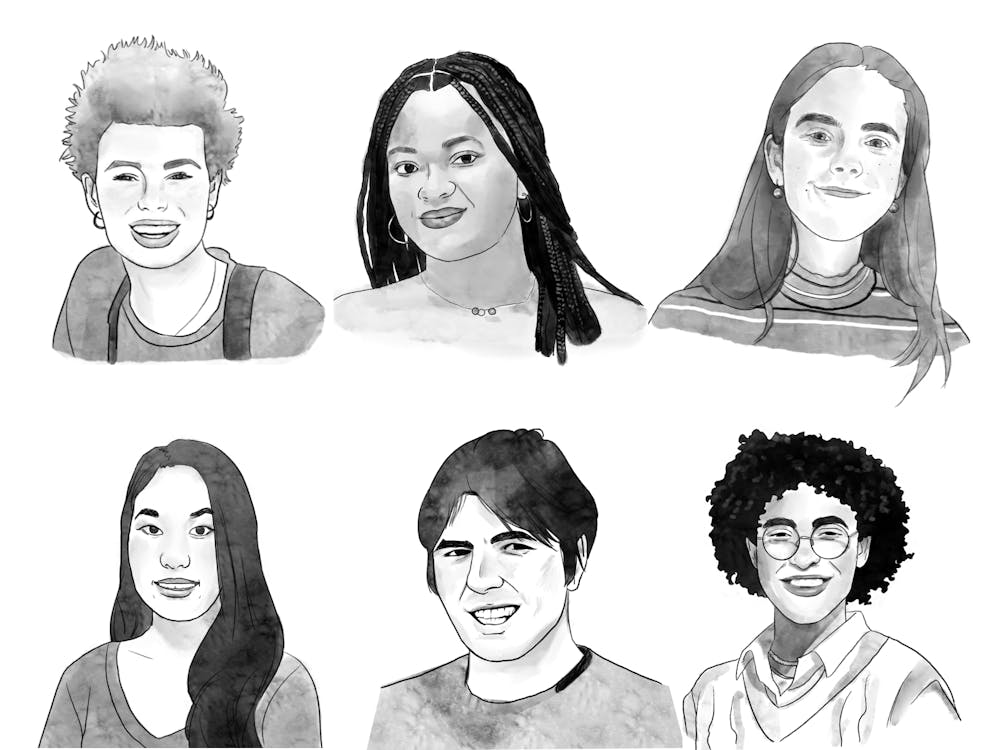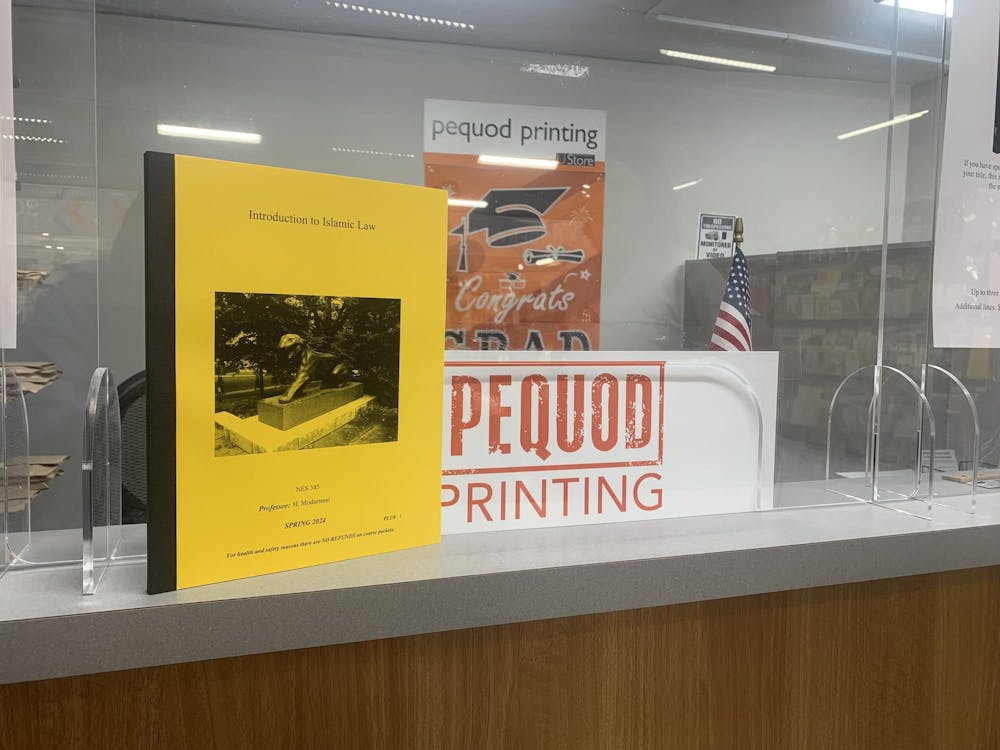It was only a month ago when I first watched the trailer for “Star Wars: The Force Awakens.” By the time the two or so minutes had passed, the grin on my face seemed permanently fixed. Almost immediately afterward, my friends from back home started to talk about it and plan when we’d be seeing it together. It’s an understatement to say the film will be dominate the season’s box office, if not the entire year — and with good reason. Star Wars has a colossal following, as perhaps the most popular, influential film series to date. And with impressive direction like J.J. Abrams, it is sure to draw in both new and old fans.
Yet even with all evidence indicating the movie will be a solid addition to the saga, some fans were unhappy. Any trailer will have its fair amount of critics; however, the most shocking criticisms were over the newfound diversity in casting.
I was happy to see a black man in a lead role. Although I am sure most of the cast is white, the fact that a central character, as well as other supporting roles, is black is a step in the right direction, especially for a series that started with virtually no people of color.
However, many others did not share this opinion. The YouTube comments section was filled with racist sentiments. Soon there was a “BoycottStarWarsVII” hashtag trending on Twitter, with users crying out against deluded ideas of white erasure and anti-white propaganda. As if adding actors of color to still predominantly white films will challenge white representation, as well as the power it represents, they grow fearful when these actors take on more central roles that break commonly held stereotypes. It is clear that these people represent the fringe fan community, but the very fact that their bigotry was trending on social media speaks to the strength of this radical minority.
Initially, I wanted to be more surprised by the backlash against increased Hollywood diversity. Who could possibly think that the casting of a black lead be equivalent to white erasure? But I recalled similar sentiments that were expressed when it was rumored that Idris Elba would take on the role of the next James Bond. Anthony Horowitz, the author of the James Bond novel “Trigger Mortis,” labeled Elba as “probably a bit too ‘street’” for the role. Others claimed that the new Bond should be “suave,” implying it was a quality that Elba lacked. The debate became so heated that Elba had to formally declare he was not exploring the role, and that if he had, it would have long ended.
Part of me sympathizes with these opinions. Hollywood can make it challenging to envision people of color in prominent roles when it so consistently churns out all-white, male-centered films. However, it appears that we do not hold the same standard when it happens in reverse. White actors fill countless roles that call for characters of colors.
For instance, “Gods of Egypt” is expected to open in late February, in which there are no people of Egyptian or Arab descent. Because who is more fit to play the role of an Egyptian deity than Gerard Butler, Geoffrey Rush or Nikolaj Coster-Waldau? This is not a new trend. Emma Stone played a part Chinese, part native Hawaiian in “Aloha.” Ben Affleck played Tony Mendez, a Latino CIA Operative, in “Argo.” From the very beginning of film, this whitewashing has occurred with no complaint.
I think we seriously need to evaluate the role of race and film. Historical accuracy and modern representation calls for more casting of minorities. There are multifaceted narratives that Hollywood continues to ignore — the black narrative, the Latino narrative, the transgender narrative. There is no one story for any of these, but fact that almost none are being portrayed in film is deeply concerning.
And while there is merit to the idea that certain roles may benefit from actors of certain backgrounds playing them, this merit stems from portraying these often-neglected narratives. Do not cry foul when a black man plays a stormtrooper in a fictitious universe where one would expect multiculturalism, but not when an Irish man plays an Egyptian.
Lea Trusty is a politics major from Saint Rose, La. She can be reached at ltrusty@princeton.edu.









